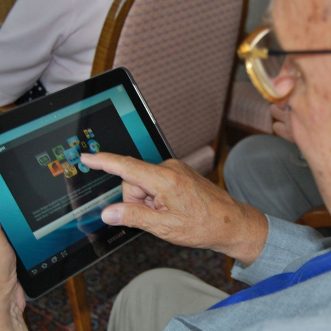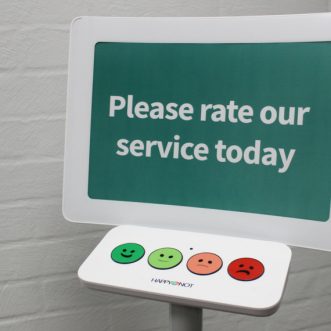
Why it’s good to have people on trains
My Great Western Railway train to Penzance was delayed by half an hour. Someone had been taken ill on a train in front of us. The tannoy kept us informed, and let us know that we would be able to claim compensation via the train operator’s website.
So far, so standard.
But here’s the difference a real-life, flesh and blood human made:
Knowing that some of the passengers would have missed their connection to Newquay, the train manager asked them to identify themselves as he walked through the train, so he could arrange alternative transport. Having worked out what their actual needs were, a bus was arranged to pick most of them up from St Austell, while for one person, a taxi was booked to get them to Newquay airport in time to make their plane. All at no extra cost.
Because the train manager saw their job as getting people to their desired destination as near on time as possible, not merely to carry them from A to B.
How very different from ‘rebel’ brand Virgin, who will happily chuck passengers off a train well short of their destination, to avoid the costs of further delays down the line, leaving them to scramble onwards as best they can.
I’ve supported the rail strikes since the beginning. I support them even more enthusistically now. Even though my Penzance trip was a day later than booked because of them.
These people aren’t just fighting for their jobs, they’re fighting for the kind of service I for one want to receive. A human one.








